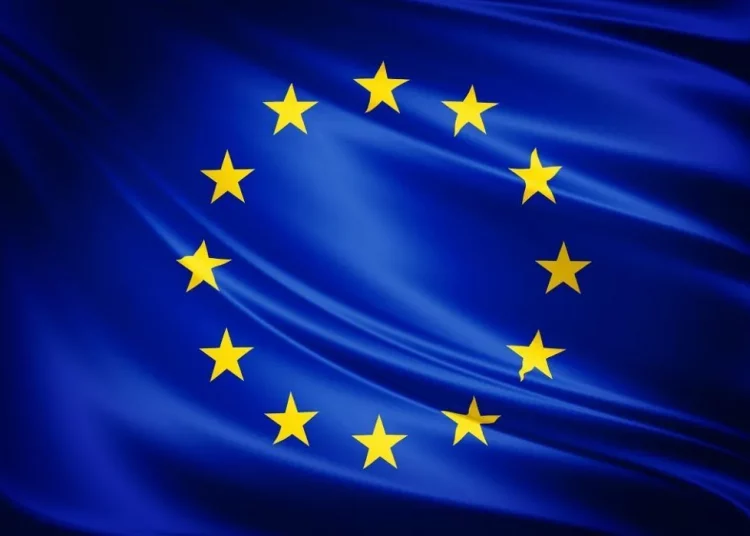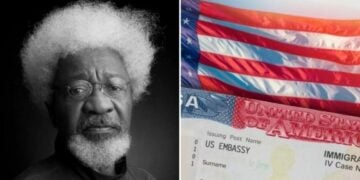The European Union (EU) through its Youth Arise project has trained over 1,000 Bauchi and Yobe states young people and equipped them with the required skills to enable them participate in decision-making on local development and economic empowerment initiatives, enhancing their participation in conflict prevention, mitigation, and management.
The EU expressed the conviction that involving young people in decision-making processes can empower them and build their strengths, help policy makers view youth as a resource to inform their decisions, and result in policies and priorities that are more relevant to youths’ inclusive development.
This was disclosed by assistant project manager at delegation of the European Union in Nigeria, Felix Ngozi while speaking at the one-day youth summit organised by International Alert, Taimako Community Development Initiative in partnership with the European Union held at Bauchi.
According to her, young people across the world are facing challenges related to job creation and labour markets, globalisation, governance and the impact of climate change.
She said many young people are not in employment, education or training, and the global youth unemployment rate of 13.6 percent is three times higher than that of adults, with young women being the most vulnerable.
The assistant project manager said this can push young people into political apathy, radicalisation, crime or irregular migration, “At the same time, young generations represent a key actor for change and development. We have already seen the increasing leadership role of youth in fighting climate change, advancing digital entrepreneurship and demanding sound democratic governance.”
“The European Union- Youth Arise project has engaged with youth and youth-led organizations from diverse backgrounds, this engagement has confirmed our belief that meaningful youth engagement is critical for the creation of sustainable, widespread, and high-impact change in the systems and settings that can support young people’s progress,” she added.
Felix said in a move to create opportunities for change, policy and change makers need to find effective ways to involve youth in shaping policy, improving services and strengthening trust between youth and decision makers.
“An attempt at addressing the challenges of youth exclusion and conflict in Yobe and Bauchi states has been attained through creating opportunities for young people to have more say in decisions that shape their lives, thus reducing grievances, addressing their basic needs, and rebuilding the fractured trust with community leaders, state authorities and security forces.
“Such trust is the foundation of long-term stability, as it encourages collaboration between different stakeholders in preventing and responding to conflict triggers. This is evident in some of the results achieved under the Matasa Ku Taso: Youth Arise! Project, which has an overall objective to increase the leadership role of young people in addressing local drivers of conflict and fragility in Bauchi and Yobe states through enhanced youth participation in conflict prevention, mitigation and management, and increased youth access to decision-making on local development and economic empowerment initiatives,” Felix Ngozi added.
She said the European Union would continue to partner with all stakeholders to promote youth inclusion, human rights and civil society participation.
The EU also commended the partnership with International Alert, Taimako Community Development Initiative, the Government of Yobe and Bauchi states in providing opportunities for young people to build their capacity for leadership and engage with government on policy issues, particularly issues related to conflict management and peace-building.





